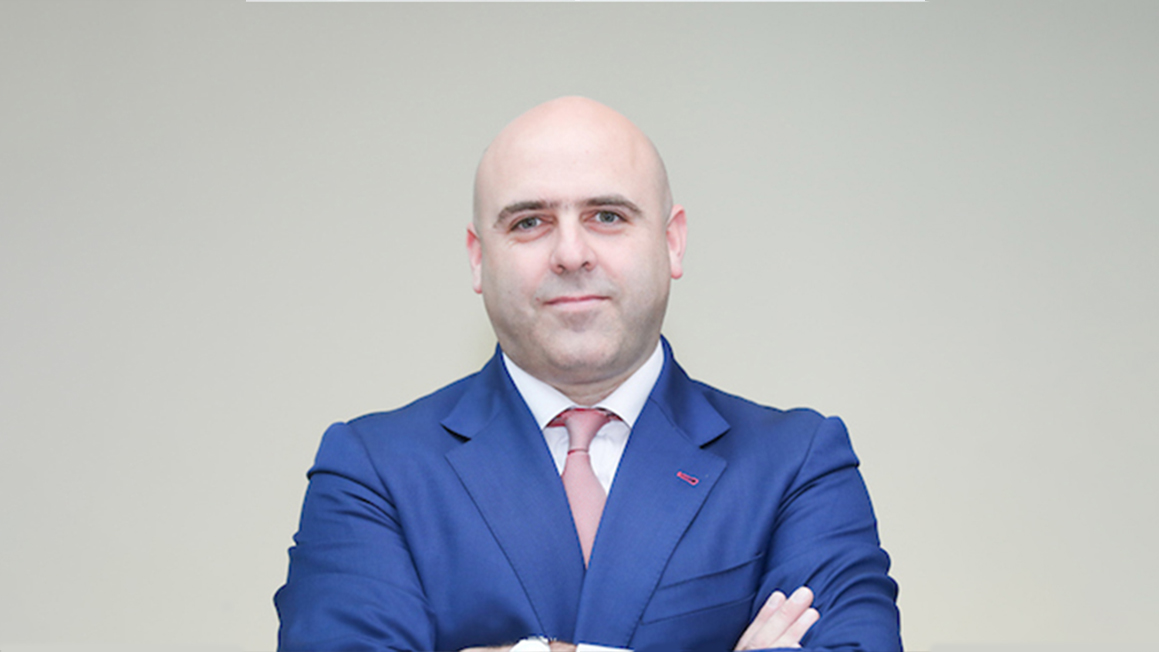International Network
of Sustainable Financial Centers
2021 Assessment Report by FC4S published
The UN-led initiative Financial Centres for Sustainability (FC4S) has published the 2021 Assessment Report. For the report, FC4S surveyed 29 financial centres around the globe. It reveals seven key insights on how financial centres across all continents are driving the transformation. The Green and Sustainable Finance Cluster Germany acts as representative for the German financial market place in the study.
The Green and Sustainable Finance Cluster Germany team thanks all financial institutions who contributed to the study. In its key findings, the report highlights the need for:
- Policy and regulatory engagement – 48% of respondents emphasised this as a top priority in 2022. The regulatory environment remains a critical driver of sustainable finance. This year, 27 out of the 29 sampled financial centres were home to at least one financial instrument or incentive implemented by public institutions, reaching at least 255 policies collectively.
- More options to scale up sustainable finance – 86% of financial centres reported barriers related to mobilising sustainable funds in this edition. Persistent challenges in this regard include the lack of sustainable project pipelines (40%) and the lack of supply of sustainable financial products (60%).
- Credible commitments – The report noted concern around the quality and impact of market players’ commitments – almost three quarters of the 270 sampled market participants reported that they committed to mobilising finance for sustainability purposes, but only one quarter exclude companies engaged in fossil fuel activities.
- A multi-stakeholder approach and international collaboration – Stakeholders’ heterogeneity within financial centres, with more than 70% of surveyed centres having significant private sector involvement, is critical to scaling up sustainable finance, as it enables systemic approaches. Also, international connectivity allows for the exchange of experiences and solutions.
- More and better data – over 60% of the 29 financial centres reported that data quality and availability are among the top barriers to scaling up sustainable finance.
- Standardization – 52% of respondents indicated that working towards consistency across the development of standards, taxonomies and guidelines is a top priority to their institutions.
- Professional development and education – 52% of financial centres surveyed reported that the lack of capacity and qualified workforce on sustainable finance is among the top barriers to scaling up sustainable finance. While an increasing number of training programmes at different levels have been reported, only 21% of financial centres have available all types of educational activities related to sustainable finance and only 28% and 35% percent reported having postgraduate and undergraduate courses related to sustainable finance available.
FC4S is currently preparing a financial centre specific report for the Green and Sustainable Finance Cluster Germany. Once it is available, we will inform you about the results via our newsletter.
More about the international Network of Sustainable Financial Centers
Sustainable finance is now recognised as one of the megatrends shaping the future of global capital markets. This network will boost cooperation among key global hubs.
The network, convened by UN Environment, was launched in Casablanca in September 2017. It now has 30 members, a real A to Z: Astana, Casablanca, Dublin, Frankfurt, Geneva, Hong Kong, Milan, Liechtenstein, London, Luxembourg, Milan, Paris, Qatar, Seoul, Shanghai, Stockholm, Toronto and Zurich.
Erik Solheim, Executive Director of UN Environment, said:
Find current publications of FC4S here.


